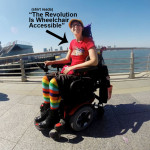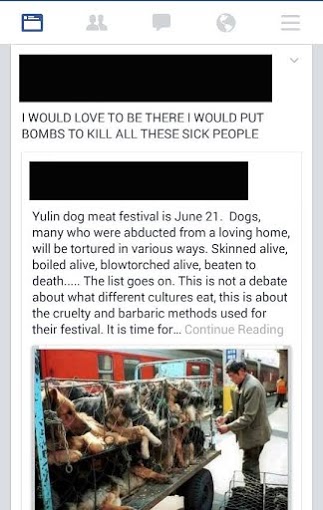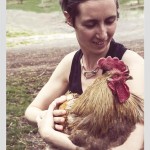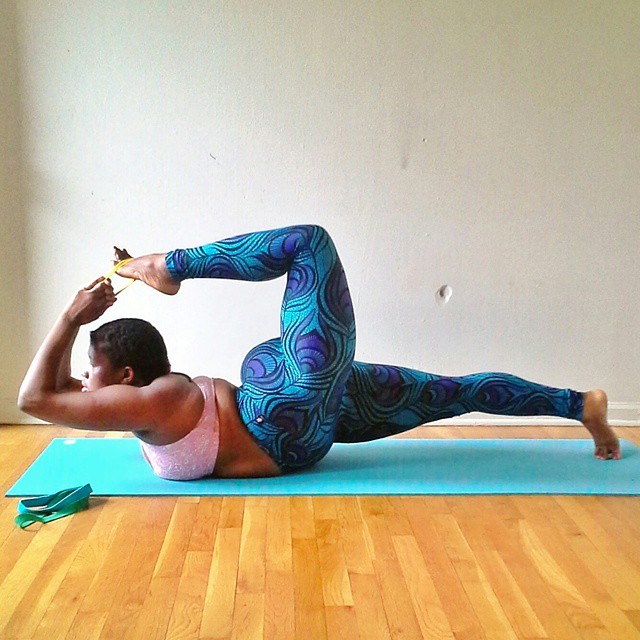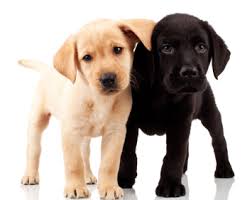Content Warning: Discussions of hetereosexism.
Not Safe for Work: Contains strong language.

By Raffi Ciavatta
I came out when I was 13. The world before then was vampiresque, hollow and dark to me but after coming out of the closet, it became even more apparent to me how angry I really was when I started to experience systemic oppression through every pore of my body.
My first contact with activism was through the LGBTQ+ community. However back then I worked solo and not only mocked but despised and regarded LGBTQ+ activists as conformists and tame. The thought of anyone wanting to build bridges or work with heterosexuals was beyond my understanding.
“My voice and my anger were the only weapons I had against homophobia and I intended to use them as loud as I possibly could. I, was a lone gay warrior in a world that hated women and LGBTQ+ folks.”
My “no-sugar-coating” attitude and blunt anti-heterosexism soon began to be noticed in the small LGBTQ+ community of Sao Paulo through Orkut, a predecessor of Facebook (does anyone remember it?) and Fotolog.net. If I were to transport my Orkut account to Facebook this is what it would have looked like:
I bet many of you now are “appalled” by my behavior and perhaps many of you would have defriended me then, called me names or felt sorry for me. But listen up. I want to challenge the dynamics of this relationship.
My voice and my anger were the only weapons I had against homophobia and I intended to use them as loud as I possibly could. I, was a lone gay warrior in a world that hated women and LGBTQ+ folks.
When you live in a system where you cannot go one single day without being called a dyke, offered a dick by cis men (as if lesbians never date trans women who have dicks), being mocked at, laughed at, sexualized, physically assaulted, bombarded with images of straight happy couples, living a perfect life – you either break, become apathetic, find some strength to deal with all of it positively or you become angry. I chose the latter.
For the longest of time I never fully trusted straight folks. I always thought there was an underlying reason why they wanted to be friends with me – either because they needed to feel better about themselves with their “Look, I’m not like them!” argument or because they wanted something from me, like men getting aroused from my stories or similar things.
The truth is that no matter how loud I was, the chances of the world ever being LGBTQ-only was nearly impossible. So I ask that we pause and analyze the power dynamics that we have here: no matter what I said, by the end of the day the chances of me being verbally or physically assaulted were still very high. No straight person will ever have to worry about being beaten up over their sexual orientation. End of story.
It is my right, as someone who has been systematically oppressed, to let my rage breathe. No matter if the things I say are violent or offensive, it is not for straight folks to tell me how to deal with my anger.
Is exterminating all heterosexuals going to make the world a better place for LGBTQ+ people? No. I do not believe so and deep down I think I never believed it! The truth is that back then straight folks terrorized me, I said and did things that may not seem the most logical or effective.
But were my feelings justifiable? Yes. They were a perfectly natural response to oppression and it was the best I could have done at the time where I literally had no more energy left to keep fighting.
Could I have dealt with things differently? No. Not at the time. My spirit had been so broken that anger was the only way I found to vent. I have talked about how I don’t believe in misanthropy or how attitudes similar to mine are perhaps not beneficial to anyone or any movement. The toxicity of it actually hurts us. But we have to understand where they come from sometimes and let this rage breathe.
I worked really hard to break my cycle of anger and distrust but I don’t think it will be something I will ever fully overcome due to the various traumatic experiences I suffered and still suffer from! However, today I’m able to deal with homophobic situations much better and usually anger becomes secondary in the process of coping. I have found other things that help me deal with anger like working out, poetry, talking it out, and music, etc.
That is not to say I deserve sympathy or a medal. I have had moments where I snapped and I still never hold my tongue when people want to be oppressive towards me. The difference is, I have found other ways to put people in their place. And it makes me happier that I am able to fight back without self-destructing.
Next time you see someone with similar behavior, don’t be “appalled”. Don’t stop being friends with them, don’t call them names, and certainly don’t pity them. Let their rage breathe. Don’t try to say “It gets better,” especially if you’re not part of their community. Sometimes the best allies are the ones that know when to remain silent. If you make these mistakes, own up and apologize.
Anger is a way of resistance! Anger has been used by many people, movements, and countries! Think of Brazil’s (and Latin America in general) blunt anti-American stance: one of the ways a country built on colonialism has found to defy imperialism is by publicly “hating” on Americans. I included Brazil here and qualified it as rage since I observe a clear anger from Brazilians in relation to the US. Think of Black Rage: a book which focused on the racial crisis in the US. Think of Black Lives Matter: a movement which emerged out of the rage and mourning that accompanied George Zimmerman’s acquittal for the murder of Trayvon Martin.
Let’s do our best to support oppressed peoples in our communities the best we can. And when they get angry, let their rage breathe!
This essay originally appeared on Collectively Free.
Co-founder of Collectively Free, Raffi Ciavatta is vegan animal liberation activist, art director, poet, photographer wanna-be, DJ in some past live and most importantly… a big dreamer who makes things happen.

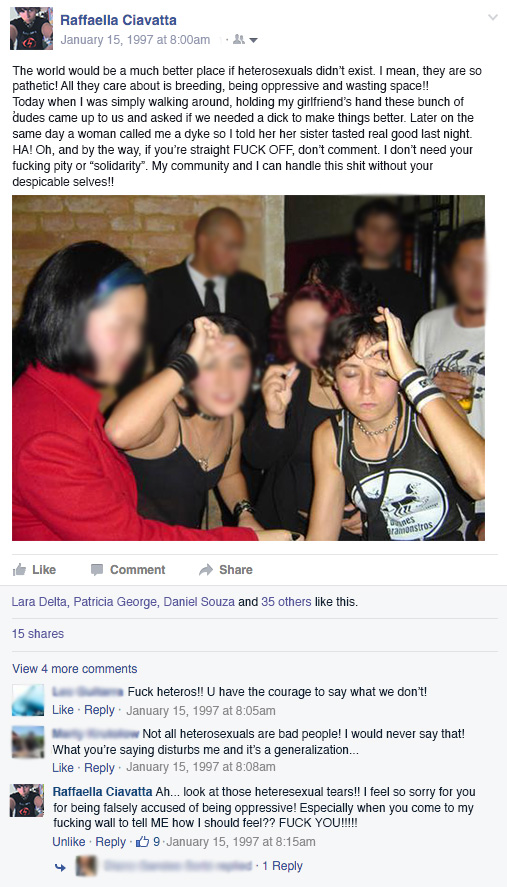
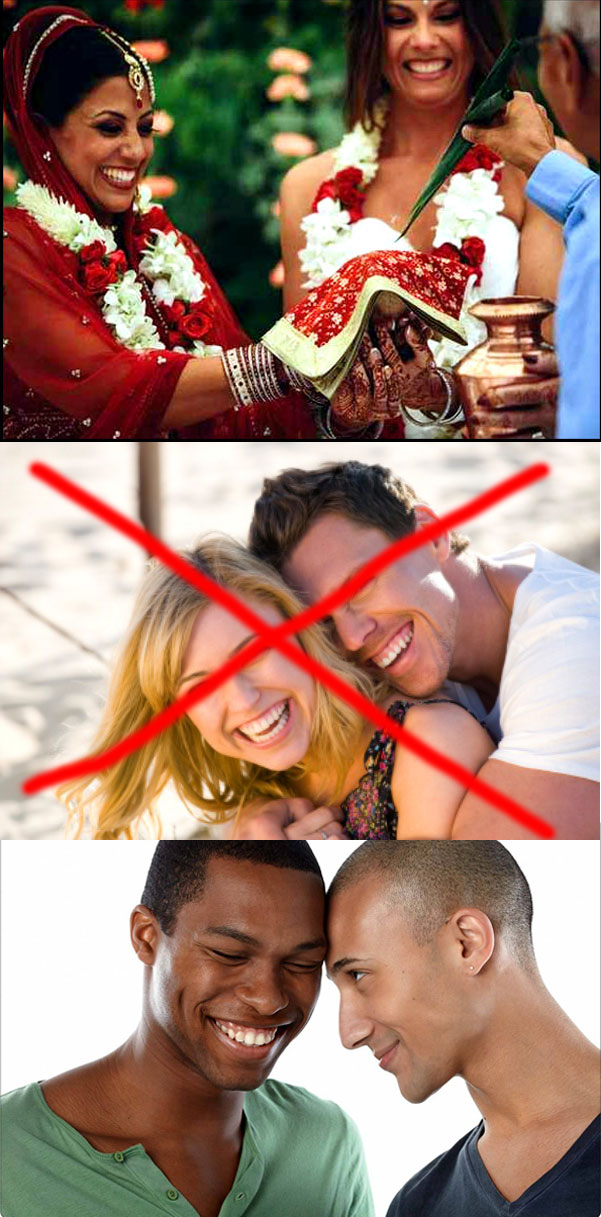

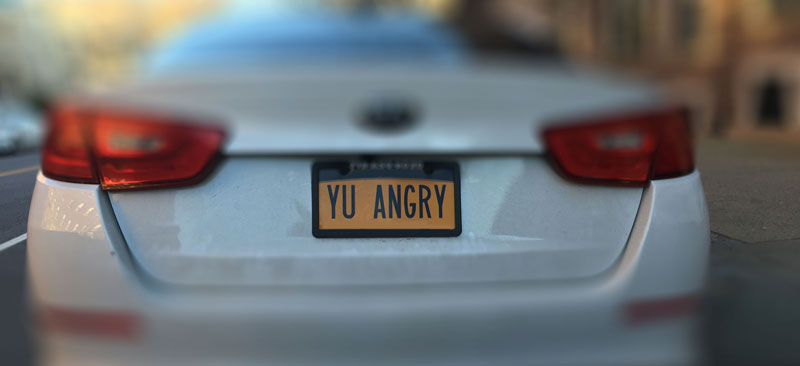
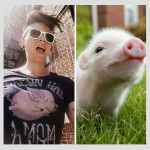

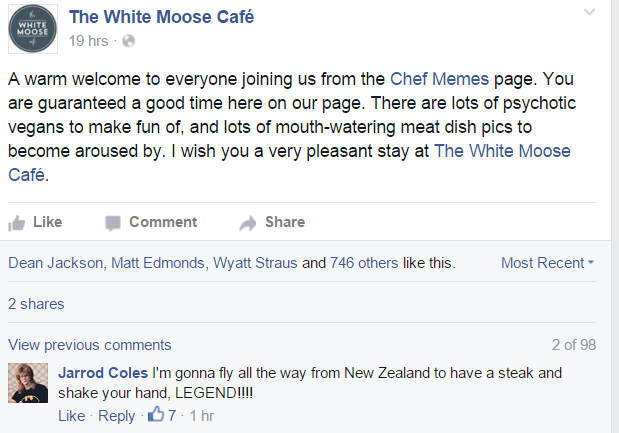


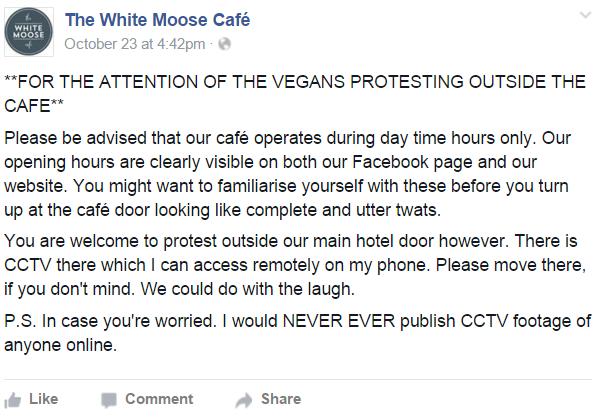

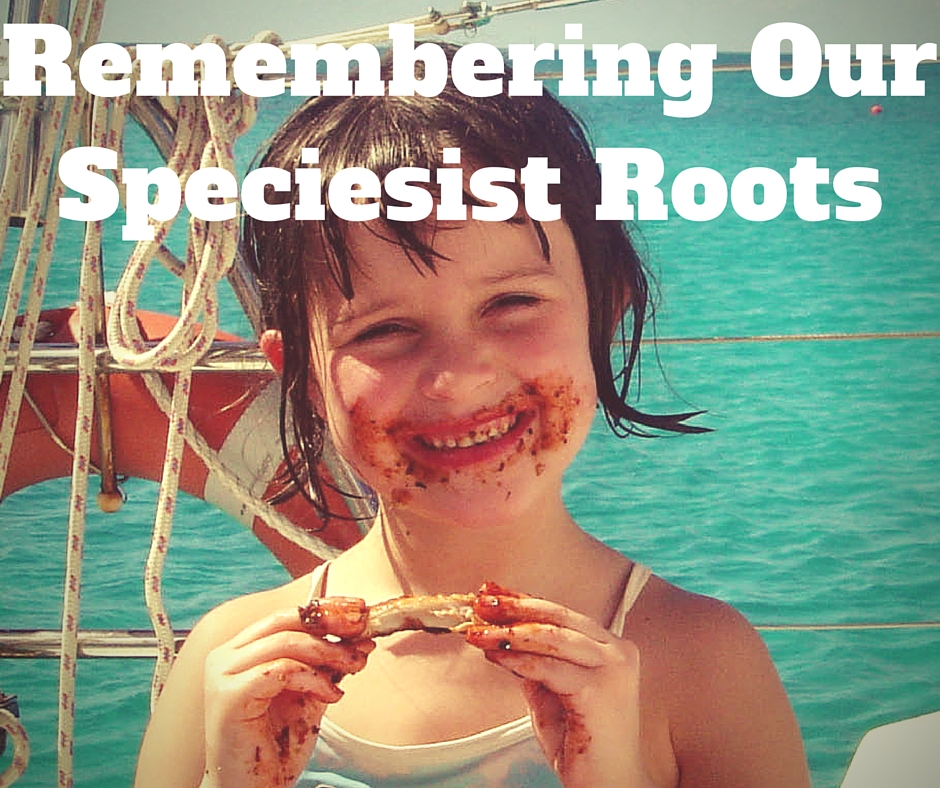
![“Walter [the hunter who is also a dentist] says he killed Cecil [the lion] because he didn’t know his name… Let’s hope Walter knows his patients’ names.”](https://veganfeministnetwork.com/wp-content/uploads/2015/09/DXE-Cecil.jpg)


